The intriguing Book of Zimbabwe – Part 9 – Corruption

Opulence and the ugly head of corruption
Before we tackle the next chapter of the developing story on land in Zimbabwe, it is necessary to discuss the pervasion of corruption across many state institutions to provide additional context on the issues bedeviling the country because this is an aspect of huge importance to the state of the nation and so to voters. It is an issue that gels with other factors to create the conditions that are continually widening the rift between the political elite on both sides and the general population. Even though they themselves have been variously accused of graft in the urban authorities they manage, it is a point commonly exploited by the main opposition and also by Western powers to justify a continuation of their regime of sanctions on the country. The sanctions themselves are soon coming up for discussion because their origins have already been discussed as part of the issues bubbling under the surface and ripe to pop up into the political playing field.
The emergence of classism
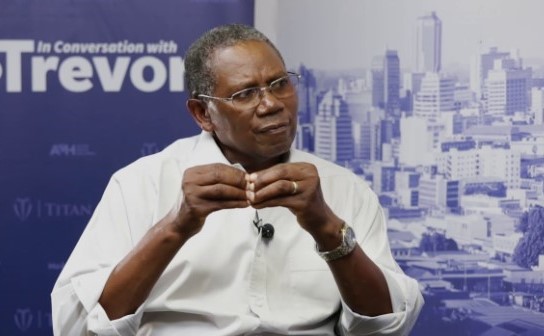
Almost as soon as the changeover of power was completed at independence, the propensity for opulence in the new ruling elite began to emerge. Dr. Simba Makoni, who was at some point a governing party insider and later-on Minister of Finance was hosted on a talk show in 2020 where he openly shared his views on the inner workings of government. From his vantage point, he believes that problems began when the governing elite started associating their positions of authority with a certain level of material comfort and wealth accumulation. He recalled that when the new government was formed, the then Prime Minister ordered that newly appointed Ministers be issued with a fleet of new Mercedes Benz E Class vehicles. Not only was this very expensive, but it was also in sharp contrast with the Smith regime, where the government issued Ministerial vehicles were the more modest Peugeot 504. Ian Smith’s Ministers only used these chauffeur-driven government cars when conducting government business, but would otherwise drive themselves to and from work in their own vehicles. In taking this very radical shift in status for Ministers, the tone was set for the materialism that was to haunt our politics for decades to come. What is more, is that this decision also drew very distinct lines of separation between the upper echelons and the rest of society. Quite possibly, this signaled the death rattle of servant leadership and the birth of classism amongst the black population who had hitherto been united against their then common adversary – minority rule.
Willowgate Scandal – corruption at the top
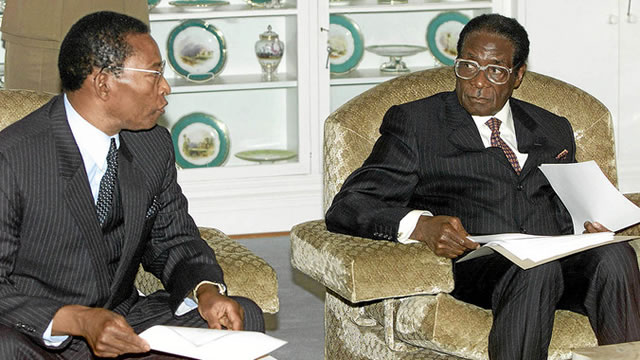
Also of significance is something else that happened in the early years of Zimbabwe. Widely reported and publicly debated, was the Willowgate Scandal. The scandal involved Senior Government Officials who used their privileged positions to acquire newly assembled cars from Willowvale, a car assembly plant operating in the country, at wholesale prices and then selling them off at triple the price. The matter came to light when a cheque meant for one of the beneficiaries of the scheme was misdirected to someone else who then handed the cheque over to a newspaper house. Ensuing investigations by the Bulawayo based paper, The Chronicle, unraveled the opaque nature of the transactions, resulting in one of the biggest corruption scandals at the time. Whilst it was not the first, it was one of the earliest corruption scandals to hit the public domain and receive wide coverage. So severe was the backlash from the public that then President Mugabe announced a Commission to investigate the allegations. At its conclusion, the three-man Commission led by Justice Wilson Sandura, accused the Ministers of having lied to it. That notwithstanding, at least five Cabinet Ministers resigned their positions under the intense pressure of the hearings. Maurice Nyagumbo who was the third most senior member of the ruling ZANU PF’s Politburo, was the highest ranking official to resign his post following the revelations. In the face of the humiliating fallout, he later committed suicide by ingesting a pesticide. Some critics have questioned whether he truly died by suicide but that will likely always be a speculative conversation with no evidence to go on. The President, however, generally won praise for his handling of the whole affair, and in an interview, he had said he would allow the court processes to take their course. To his credit, he did indeed allow due process to be followed, and was very careful to select Justice Sandura, a man considered stern and fair in his judgements, to head the public enquiry, known in journalistic circles as the Sandura Commission.
However, he also earned some demerits from two points of view. In the same conversation with Trevor Ncube referenced earlier, Dr. Simba Makoni alleged of the scandal, that when it broke, the President did not initially think it important, only changing his position after seeing the attention it was getting from the public. He said the President’s sentiment at the beginning was that he did not understand what the fuss was about since it was just motor vehicles. Maybe Mugabe failed to see that these were the tell-tale signs of a larger problem brewing. Secondly, the reporters who broke the story, Geoffrey Nyarota and Davison Maruziva, were subsequently removed from their jobs, ostensibly to higher positions in a different field and with higher salaries, but accusations abound that the moves were reprisals aimed at silencing voices that were seen as working against the government. It is important to emphasise that after the supposed promotions, the two were no longer carrying-out journalistic work, which may well have been the motivation behind the said promotions. We may never know the real reasons behind the reassignment of the reporters, but the circumstantial evidence seems to align well with the view that the reporters were in some ways punished for running with the embarrassing story.
Pervasive corruption – from War Victims Funds to Gold Mafia
Unfortunately for Zimbabwe, the Willowgate scandal was just one of many more such cases to continue to be exposed, earning the country a poor ranking on the Corruption Index published by Transparency International. First reported on by The Zimbabwe Independent in 1996, pilfering from the War Victims Compensation Fund established in 1980 was another example of high and low-level looting that tarnished the country but ended with little consequence for the culprits. As at the time of writing, the latest ranking placed Zimbabwe at 157 of 180 countries making it one of the worst performing countries in terms of the perception of corruption. From a total possible top score of 100 points, the country reached 23 points along with countries like Cambodia, Honduras and Iraq. Although an improvement from the previous 20 points, it still is a highly negative perception to carry, and this contributes to making it an unfavoured investment destination.
More recently, the country has suffered a worsened negative perception after an investigative documentary by Qatari news network, Aljazeera titled, The Gold Mafia, purported to expose systematic corruption in large parts of the country’s gold trade. Although the documentaries seen so far end with refusals by many of the alleged money launderers and facilitators of the corrupt gold deals featured in the series, a lot of harm has been done to the country’s corruption perception which was already in the doldrums. Whatever the outcome of any actionable intelligence stemming from the documentary and any follow-up investigations and or prosecutions that the relevant authorities may undertake, the film may have already set a course for a review of the integrity of the country’s financial systems. Certainly the Central Bank Governor was concerned enough to issue a preemptive statement about the allegations ahead of the release of the documentary and unfortunately sparked a whole new debate about Zimbabwe sanctions. More detail on this case will be discussed at its appropriate place in the timeline of The Book of Zimbabwe.
Stemming Corruption
Over the years, the government has tried to put in place measures to stem corruption and bring back normalcy to the way public financial transactions are handled. Since the birth of the country, at least eight different Acts aimed at governing anti-corruption efforts have been promulgated into law between 1983 and 2006.
- The Prevention of Corruption Act (1983)
- Public Service Act (1995)
- The Ombudsperson Amendment Act (1997)
- Anti-Corruption Commission Bill (2004)
- The Criminal law (Codification and Reform) Act (2004)
- Bank Use Promotion and Suppression of Money Laundering Act (2004)
- Criminal Procedure and Evidence Amendment Act (2004)
- Criminal Law (Codification and Reform) Act of 2006
The effort clearly shows that those in authority are aware of the extent of the scourge and are somewhat committed to taking corrective measures. However, the actions to date have been ineffective and have thus far not been useful in deterring further breaches of the relevant laws. The authorities have been accused of maintaining an unofficial policy of “catch-and-release” where accused persons are arrested, briefly detained to manage a news cycle, and then ultimately released without any meaningful punitive or remedial actions being undertaken.
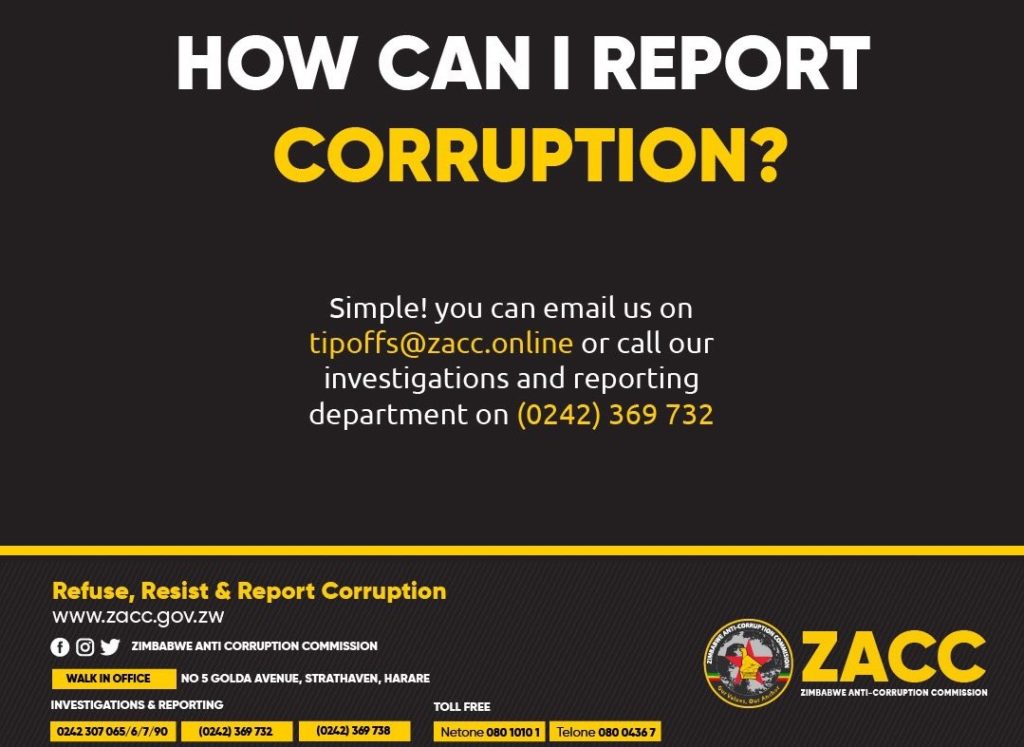
The Zimbabwe Anti-Corruption Commission (ZACC) was constituted after the passing of the Anti-Corruption Commission Bill of 2004 and has received dozens of reports since its formation. However, the Commission remains constrained, having little authority to effectively bring corruption in the country to a stop. It is reported that the Commission has, in that time, satisfactorily completed fewer than ten cases. Sadly, reports have been made where, some of the very people charged with investigating corruption cases, were themselves alleged to have engaged in corrupt dealings whilst performing their duties. This is, in part, the result of inadequate levels of compensation offered to the enforcement officers in these roles and also within the police, against spiraling living costs. In that regard, individuals targeted for investigation, are quite easily able to entice officers with bribes that far exceed their formal compensation. This is not to say that the entire Commission staff have engaged in corrupt activities, but that the allegations have been made at all, does not put the Commission in good standing with the public or with international observers and stakeholders. This could be one reason that more cases of both high-level and low-level corruption continue to make the news. Investigations and exposés of corruption cases that will be referenced at the appropriate time in the sequence of events, have continued to plague Zimbabwe and even after some arrests have been made, the accused persons almost always end up being acquitted due to lack of evidence or mishandling of the cases. We will delve into all the factors contributing to this scenario as we unpack The Book of Zimbabwe.
The Book of Zimbabwe continues next, bringing together everything that precipitated the political and economic crisis the country grapples with up to today.

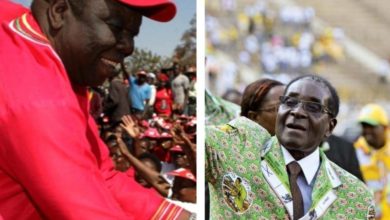
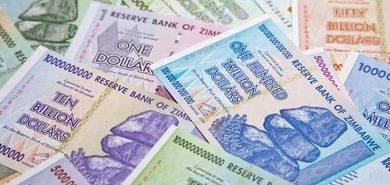


Itís nearly impossible to find educated people in this particular subject, however, you seem like you know what youíre talking about! Thanks